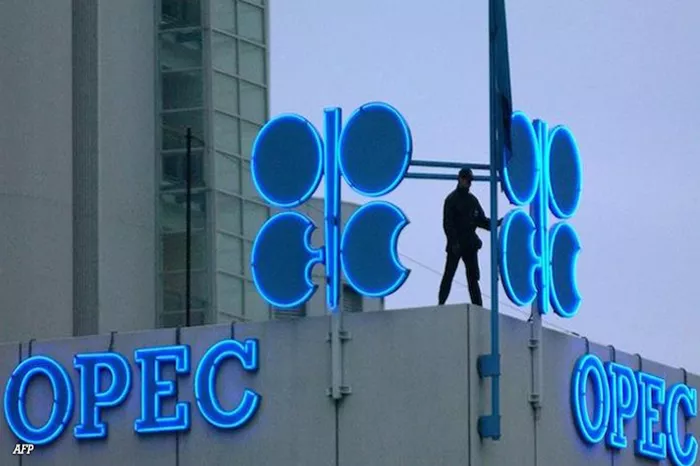Haitham Al Ghais, Secretary General of the Organization of the Petroleum Exporting Countries (OPEC), defended the role of crude oil and natural gas in the global economy during his speech at the COP29 climate summit in Baku on Wednesday, describing these fossil fuels as “a gift from God.” His remarks came as global leaders convened in Azerbaijan to discuss strategies for curbing climate change and securing financial support for countries to meet emission reduction targets.
Al Ghais, a seasoned Kuwaiti oil executive, emphasized the essential role of oil and gas in modern life, pointing to their centrality in everything from food production and transportation to medical research and supply chains. “They shape how we produce, package, and transport food, how we conduct medical research, and manufacture and distribute medical supplies,” he said. “I could go on forever.”
His comments mirrored those of Azerbaijan’s President Ilham Aliyev, who also referred to oil and gas as divine gifts in his address to the summit last week, rejecting Western criticisms of Azerbaijan’s reliance on fossil fuels.
In his address, Al Ghais underscored that international climate talks should focus on reducing emissions, not choosing specific energy sources. “The focus of the Paris Agreement is reducing emissions, not choosing energy sources,” he stated, referencing the 2015 Paris Agreement’s goal to limit global warming to 1.5°C above pre-industrial levels.
Al Ghais reaffirmed OPEC’s position that carbon capture and other technological solutions can mitigate the environmental impact of fossil fuel consumption. “Technologies like carbon capture can help us tackle the climate impact of burning fossil fuels,” he added.
Mohamed Hamel, Secretary General of the Gas Exporting Countries Forum (GECF), which represents natural gas producers, also lent his support to fossil fuels during the summit. Hamel argued that as global populations and economies grow, the demand for natural gas will continue to rise. “The world will need more natural gas, not less,” he said.
Hamel welcomed the possibility that COP29 could lead to increased financing for natural gas projects, which could help countries transition from higher-emission sources like coal. He also highlighted the importance of advancing cleaner technologies, including carbon capture and storage (CCS), to facilitate a just and inclusive energy transition. “This is critical for ensuring just, inclusive, and orderly energy transitions that leave no one behind,” he said.
Despite these assertions, climate scientists warn that the world is on track to exceed the 1.5°C warming threshold by the early 2030s, with some estimates suggesting a rise of as much as 3.1°C by the end of the century, a scenario that could lead to catastrophic climate consequences. The 2024 UN Emissions Gap report notes that the current trajectory puts the planet at significant risk of surpassing safe climate boundaries.
As COP29 progresses, the challenge remains to strike a balance between addressing the urgent need for climate action and the continued reliance on fossil fuels to meet global energy demands.
Related topic:

